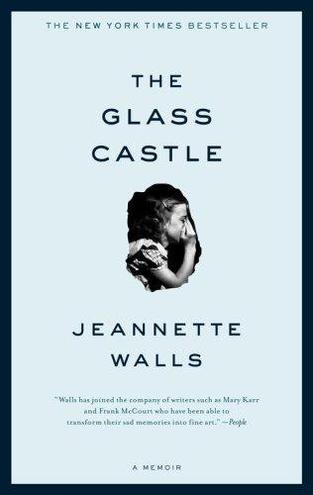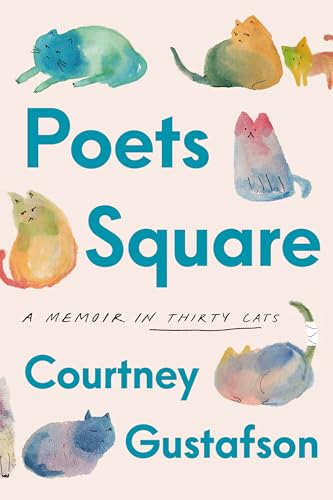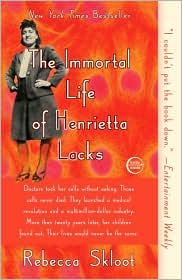Review of THE GLASS CASTLE
by Johny McFliggen, PhD Literature & Business, Oxford
In the literary terrain of memoirs, Jeannette Walls' "The Glass Castle" is a veritable monolith, towering with its intricate depiction of familial chaos and resilience. It’s as if Holden Caulfield decided to write a memoir, but with a dash of Dickensian grit and the whimsical delusions of "Life is Beautiful." Walls, with her journalist's precision, crafts a narrative that vacillates between the harrowing and the hopeful, much like a tumultuous tango where the partners are poverty and imagination.
Growing up under the erratic stewardship of Rex and Rose Mary Walls, Jeannette's childhood reads like a dystopian dramedy, where the lines between neglect and love blur just as they do between reality and Rex's architectural fantasies. This is not your average rags-to-riches tale; it’s more akin to a trapeze act without a safety net, where each leap of faith might land on broken glass. The titular "glass castle" is less a home and more a metaphor for unfulfilled dreams—a fragile mirage amidst the desert of deprivation. It's reminiscent of Gatsby’s green light, an ethereal symbol of hope that forever recedes into the distance.
Critics have lauded Walls for her narrative dexterity, akin to that of a tightrope walker who balances both the gravity of her story and the levity found in the absurdity of her parents’ antics. The memoir’s charm lies in its refusal to succumb to bitterness; instead, it dances gracefully along the edge of forgiveness—a rare feat in a landscape often marred by recrimination. Some have questioned whether Walls is too lenient with her parents, but perhaps they miss the point. Forgiveness here is not acquiescence but liberation, much like what Viktor Frankl might suggest in his existential musings.
Comparatively speaking, "The Glass Castle" nestles comfortably alongside Frank McCourt’s "Angela’s Ashes" and Tobias Wolff's "This Boy’s Life," yet Walls’ prose holds its own unique luminescence. It’s less about the squalor and more about the alchemy of turning hardship into narrative gold. If McCourt offered us rain-soaked Ireland and Wolff gave us the American dream’s underbelly, Walls presents a kaleidoscope of contradictions: destitution wrapped in whimsy, neglect shielded by love’s imperfect armor.
Moreover, the memoir's cinematic adaptation—though star-studded with the likes of Brie Larson—never quite captures the book's essence. It’s akin to watching a shadow play where the real substance resides in Jeannette's evocative prose, not in celluloid spectacle. The film might serve as an appetizer, but it is Walls' words that satiate.
In essence, "The Glass Castle" is not merely an exposé of familial dysfunction but a testament to human tenacity. Walls invites us into her labyrinthine childhood with the grace of Scheherazade, revealing that sometimes fairy tales arise from the most unlikely of origins. It stands as a poignant reminder that even in the bleakest circumstances, there exists a flicker of wonder—much like those elusive glass castles Rex promised to build—a flicker that refuses to be extinguished.
Purchase Link: THE GLASS CASTLE on Amazon



